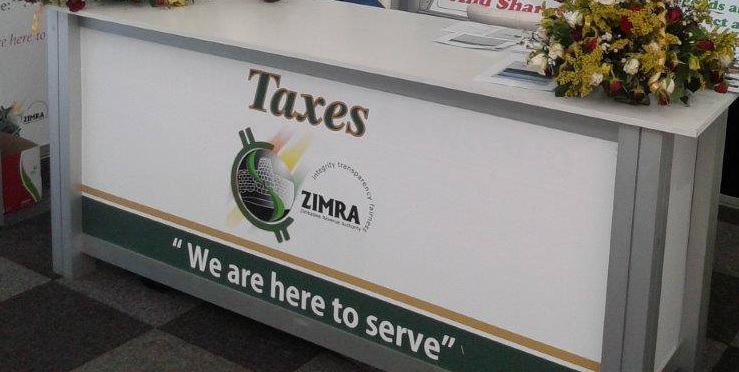TREK Petroleum faces closure after the Zimbabwe Revenue Authority (ZIMRA) garnished its bank accounts over a $45 million tax debt.
According to court documents, the tax was incurred by a company called Chaparrel Trading.
ZIMRA decided to garnish Trek's accounts after its investigations had allegedly established that Chaparrel had in June 2014 transferred its assets to Trek, which had just been established, in the aftermath of a raid by tax officials on Chaparrel that had established a tax liability of $44,2 million.
Chaparrel contested the tax bill and the matter was unresolved until August 2016, when ZIMRA demanded the outstanding tax, which had now been revised to $45 220 636,28.
Based on information obtained from Trek's documents and from documents seized from one of the company's directors, Patricia Browell, whose laptop had been seized, it was established that the business was maintaining two sets of financial statements, one of which reflected higher income than those submitted to the tax authority.
The two businesses are related through common shareholding, directorship and management.
In a letter dated March 20, 2017 to Chaparrel, ZIMRA demanded that the firm come up with a payment plan to clear the outstanding tax.
The tax authority then invoked Section 77 (3) of the Income Tax Act, which allowed it to garnish Trek's accounts after getting no response from the petroleum firm.
This prompted Trek to file an urgent application in the High Court seeking an order lifting the garnish, arguing that ZIMRA was acting capriciously by seeking to collect tax without seeking a determination of the dispute before a competent court.
The company argued that its right to property and protection of the law had been violated.
Trek said it would suffer irreparable harm due to the garnishee as it might be thrown into liquidation on account of failure to trade.
High Court judge, Justice Joseph Musakwa, however, dismissed Trek's application for interim relief, saying ZIMRA had acted correctly.
"It is erroneously argued that the respondent (ZIMRA) is the one that should take the tax dispute before the Special Court for Income Tax Appeals in order for the correct amount to be determined," he said.
"Urgency cannot be founded on financial hardship arising from a garnishee as this is a necessary and valid way of enforcing a tax obligation. The obligation to pay tax is not suspended by the lodging of an objection. The applicant has no prima facie right. The applicant is said to have spurned an invitation to present an acceptable payment plan," Musakwa said.
He added that the act of transferring assets and business from one entity to another when a tax investigation was underway had not helped matters.
"The conduct of Chaparrel Trading (Private) Limited of transferring its business and operations to the applicant when there was an unresolved tax dispute had the consequence of placing the applicant in the cross-hairs of the tax authority. This is where Section 77 (3) comes into issue. In such circumstances it cannot be said that the respondent acted capriciously or abused the law. It therefore follows that the applicant has no right to protect."
- fingaz
 Concern over Masvingo black market
Concern over Masvingo black market  Kenya declares three days of mourning for Mugabe
Kenya declares three days of mourning for Mugabe  UK's Boris Johnson quits over Brexit stretegy
UK's Boris Johnson quits over Brexit stretegy  SecZim licences VFEX
SecZim licences VFEX  Zimbabwe abandons debt relief initiative
Zimbabwe abandons debt relief initiative  European Investment Bank warms up to Zimbabwe
European Investment Bank warms up to Zimbabwe  Young Investment Professional (YIP) Graduate Programme 2019
Young Investment Professional (YIP) Graduate Programme 2019 











 Young Investment Professional (YIP) Graduate Programme 2019
Young Investment Professional (YIP) Graduate Programme 2019
Editor's Pick